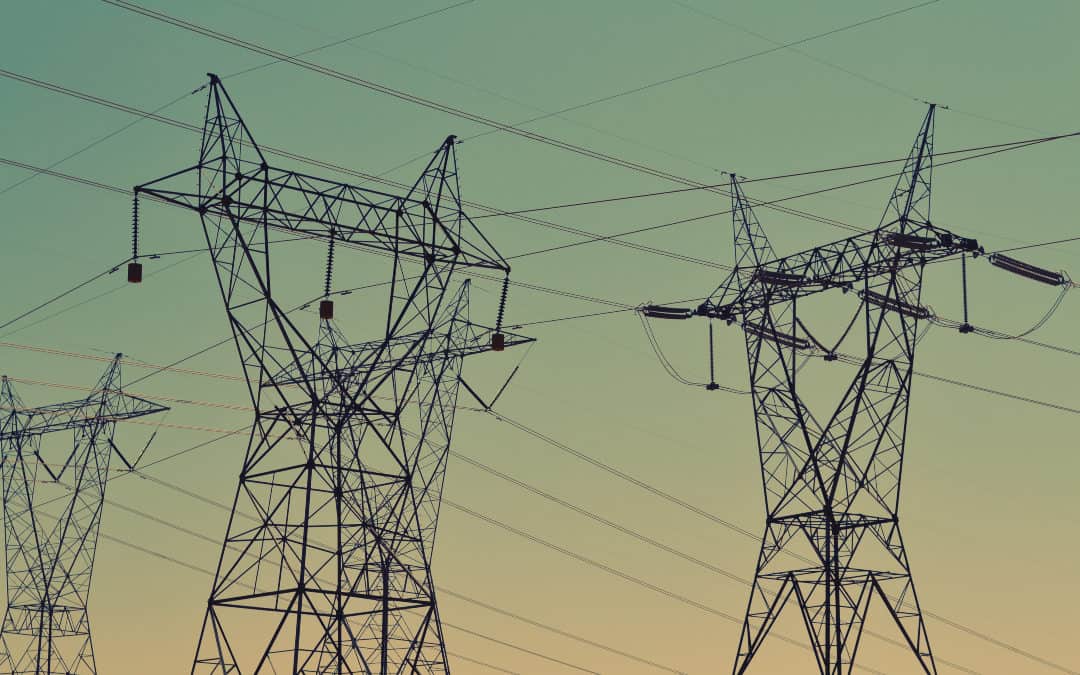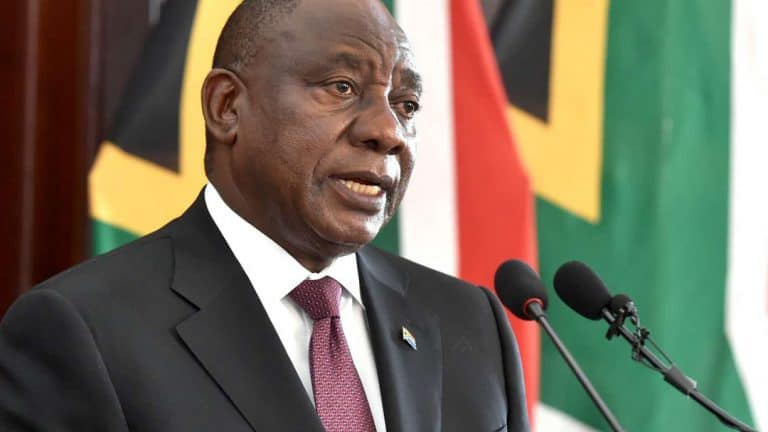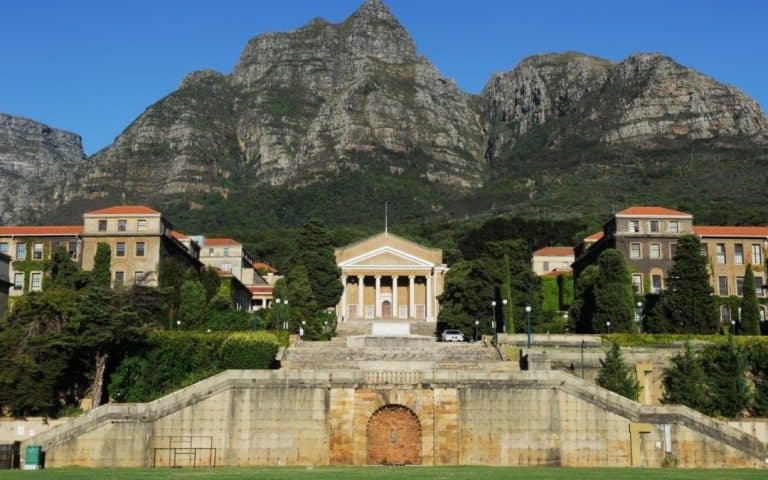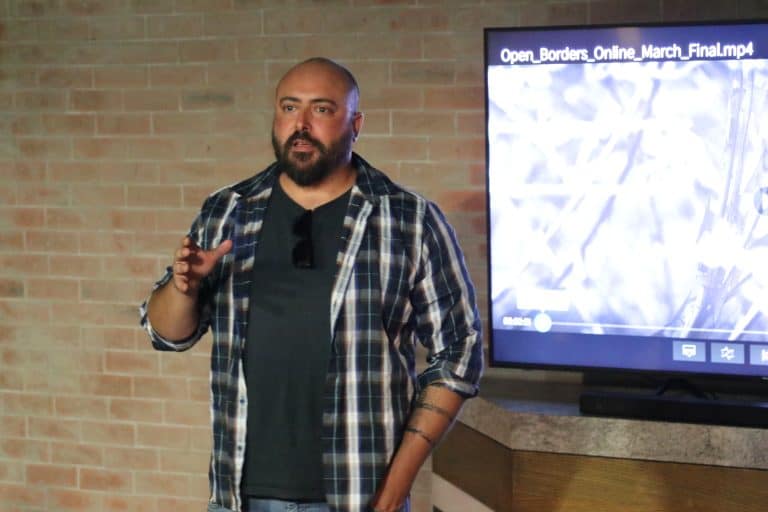NERSA keeps electricity industry in the dark about loadshedding practices
The civil rights organisation AfriForum strongly condemns the recent stance taken by the National Energy Regulator of South Africa (NERSA) concerning Frankfort’s electricity situation. The ongoing dispute involving Rural Maintenance, the company responsible for managing the electrification network in Frankfort and their implementation of solar PV systems to power the area, underscores the need for a balanced and forward-thinking approach from regulatory authorities.
This development comes in the wake of NERSA sending a letter to the parties involved in the dispute, expressing the view that the ongoing mediation process is deemed futile due to certain solar PV plants not being registered on its official website. Given the critical nature of the circumstances, NERSA should provide a comprehensive explanation of its perspective on the matter and take the initiative to facilitate a mediation process aimed at enhancing the electricity industry in South Africa.
“NERSA’s primary mandate is to foster a robust and sustainable electricity sector that benefits all South Africans. Regrettably, NERSA has consistently fallen short of fulfilling this mandate, leaving our nation grappling with an energy crisis and rampant mismanagement within Eskom. The current trajectory suggests that NERSA is not only keeping South Africans in the dark literally but figuratively, by overlooking community-driven initiatives that could play a pivotal role in mitigating loadshedding and addressing Eskom’s turmoil,” says Morné Mostert, manager of Local Government Affairs at AfriForum.
While NERSA wields the authority to regulate and oversee the energy sector, its handling of the Frankfort situation raises serious concerns about its commitment to embracing innovative solutions that could alleviate the strain on the national power grid. AfriForum is deeply concerned by NERSA’s apparent reluctance to embrace community-led initiatives, such as the adoption of solar PV systems in regions like Frankfort, which undermines its duty to ensure the nation’s energy security.
“It is disheartening to observe NERSA’s apparent prioritization of political affiliations over the fulfilment of its legislated responsibilities. The lack of support for community-driven solutions underscores an unwillingness to adapt to evolving energy dynamics and explore viable alternatives beyond traditional energy sources,” continues Mostert.
According to Johan Kruger, manager of AfriForum Energy, history will not judge NERSA kindly if it persists with this obstructive behaviour where communities have clear and workable solutions for the electricity crisis. “Communities will become energy independent, and AfriForum Energy is doing its part to assist communities to do so. This wave is unstoppable, and NERSA can either decide to play a constructive role in fulfilling its mandate or be swept away and become irrelevant,” says Kruger.
AfriForum urgently calls on NERSA to reconsider its approach to the Frankfort electricity situation and actively engage with stakeholders, including local communities and innovative energy providers. By cultivating a collaborative atmosphere and embracing progressive solutions, NERSA can significantly contribute to securing a sustainable and resilient energy future for every South African.











